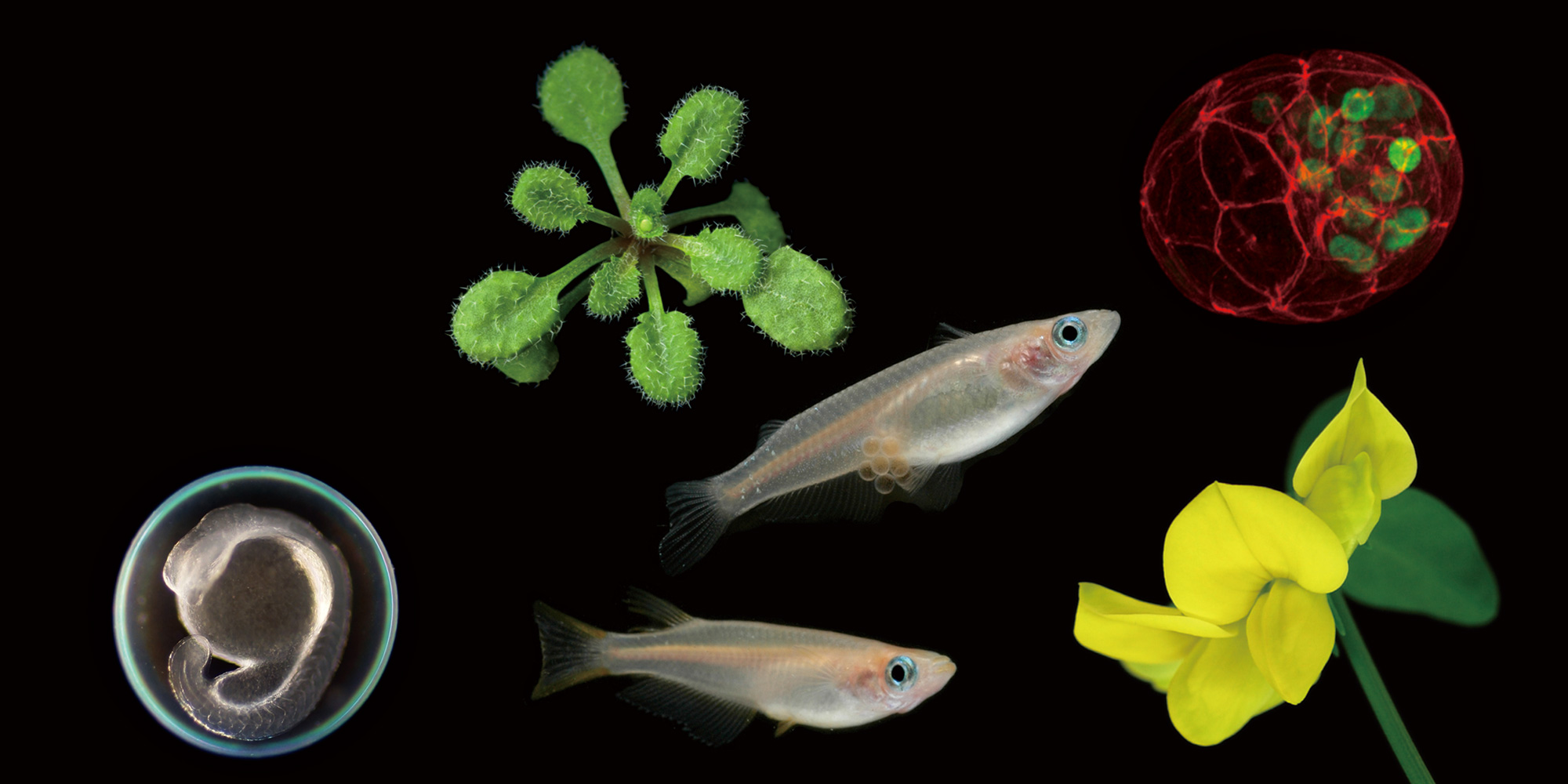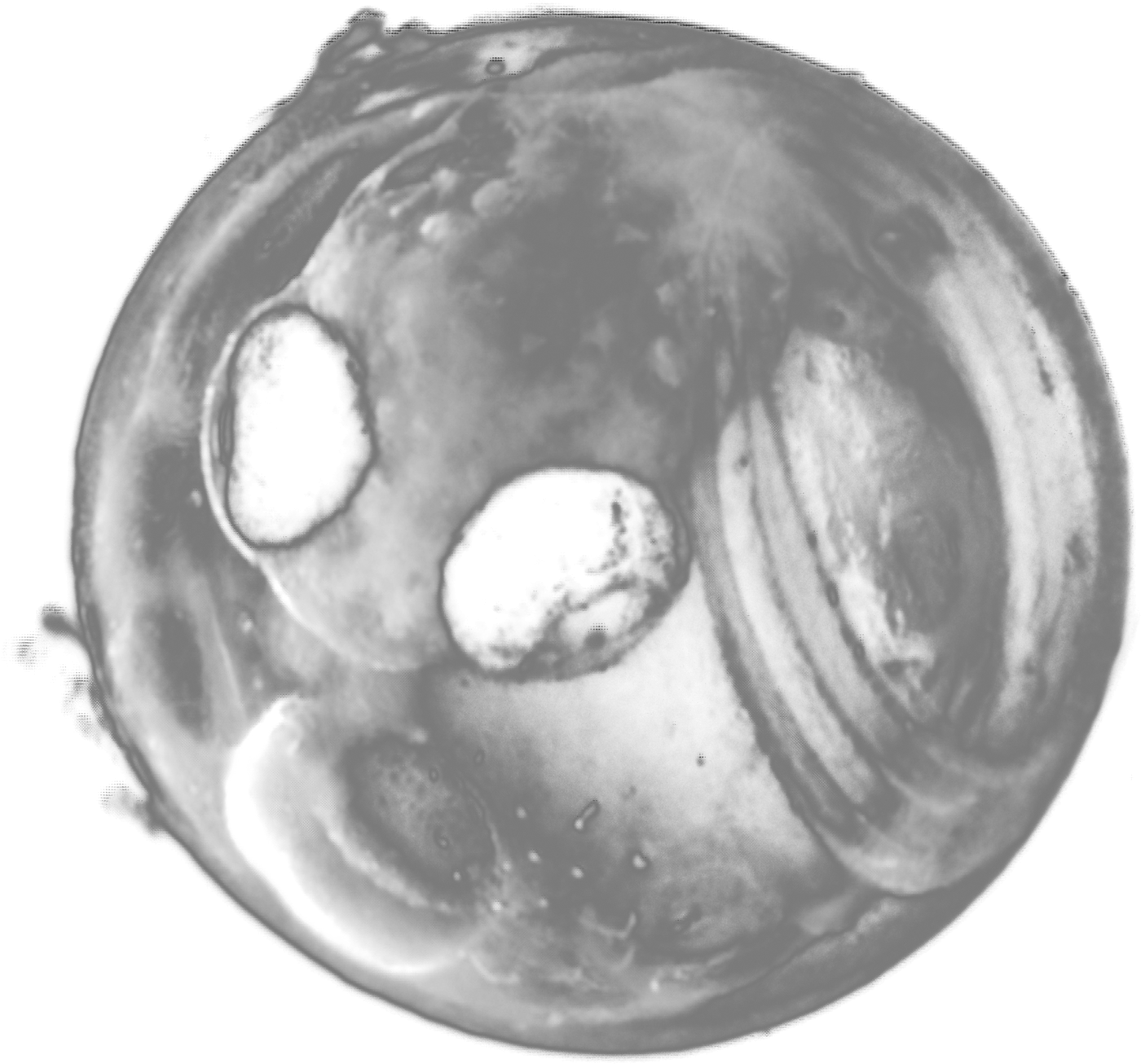2009.03.26 部門公開セミナー
Ablation of Chibby Impairs Motile Cilia Biogenesis and Function in the Respiratory Epithelium of Mice
竹丸 憲一 (Department of Phamacology, The State University of New York at Stony Brook)
2009年03月26日(木) 16:00 より 17:30 まで
山手地区3号館2階共通セミナー室
分子発生学研究部門 高田 慎治 内線5241
Intracellular signaling mediated by the canonical Wnt/β-catenin pathway plays crucial roles in embryonic development, stem cell self-renewal and adult homeostasis. Perturbations in Wnt signaling have been implicated in a range of human diseases. Upon Wnt stimulation, the central component β-catenin translocates into the nucleus and functions as a co-activator by binding to Tcf/Lef transcription factors, leading to target gene expression.
We previously reported an evolutionarily conserved β-catenin antagonist termed Chibby (Cby). Cby physically interacts with β-catenin and represses its transcriptional activation potential. To investigate the function of Cby in vertebrates, we generated Cby-null (Cby-/-) mice. Unexpectedly, these animals suffer from recurrent upper respiratory tract infections due to a complete absence of mucociliary transport activity, reminiscent of primary ciliary dyskinesia (PCD). Electron microscopic (EM) studies revealed the presence of poorly differentiated multi-ciliated cells with markedly fewer ciliary projections in the nasal epithelium of Cby-/- mice, although their axonemal structure appears normal. In support of their phenotypes, Cby protein is localized at the base of cilia. Consistent with Cby being a negative regulator of β-catenin, expression of direct β-catenin target genes is significantly elevated in Cby-/- nasal epithelium tissue compared to wild-type control.
Collectively, our data suggest that Cby is involved in proper formation/function of motile cilia, probably through regulation of β-catenin signaling.
(セミナーは日本語で行われます)







